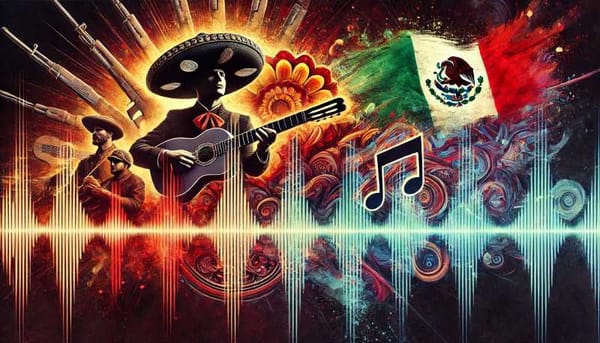Sorority, a possible route against gender-based violence
According to experts, the sorority is an indispensable requirement for the empowerment of women, which alludes to the sisterhood among them.

Gender inequality is still one of the greatest challenges of our time since according to World Bank figures, women have 25 percent less access to rights that are considered universal, including employment and salary, said Tania Esmeralda Rocha Sánchez, an academic at UNAM's School of Psychology (FP). Since girls face problems such as forced marriage, and not all of them can decide on issues such as reproduction, pregnancy, or contraception, she added in the conference organized by the Unit for the Development of Teaching Materials and Technological Appropriation of the entity.
In speaking about Sorority and empowerment: possible routes in the face of violence, she explained that within the difficulties faced in this issue there are three critical dimensions of autonomy: economic, that is, the capacity to generate their income and control those assets; in decision making, that is, in their full participation in the determinations that affect their lives and their collectivity; and physical, referring to a life free of aggression in the public and private spheres, as well as the power to dispose of their bodies and sexuality.
In this sense, she pointed out the growing feminization of poverty, the existence of the glass ceiling to occupy high positions or elected positions, the fact that they are the main focus of sexual exploitation, human trafficking, and that they are considered barter objects or sold by their own families. When talking about gender violence, and specifically about machismo and sexist violence, it is essential to understand and make visible that it is not a problem of a State, a country, or a specific group of women, but that it is a pandemic, because it does not discriminate against nations or scenarios.
The speaker, quoting Carmen Alborch, recalled: "the great success of women's struggles has been precisely the strength of the collective, to meet and share our experiences ... We all had similar situations and it was due to the fact of having been born women".
They, especially young women, take to the streets and stage protests; they have expressed their "dignified rage", anger, frustration, tiredness, desperation, and weariness of being constantly violated. It is not only an emotional response; what is sometimes judged as another form of violence, constitutes a way of making that indignation manifest and acquires an ethical and political character, especially and particularly in the face of the State's non-response, indifference, silence, and corruption.
It is a way of responding and expressing disagreement and seeking a response to the injustices we live in, to concrete situations such as sexism, racism, or discrimination, said the specialist in the session moderated by Magda Campillo Labrandero, head of the Division of Graduate Studies and Research of the FP.
Behind phrases such as "sister, I do believe you", "together we are strong", "me too", there is a call and a provocation to the community; it is the possibility of reiterating that what happened to one of us does not only happen to her, that she is not inventing it, but that it is a reality to which we have become "accustomed", emphasized Rocha Sanchez.
The anglicism "sorority" refers to the sisterhood among women, in contrast to the idea of fraternity that would refer to men and integrates aspects such as friendship or affection, and solidarity among them with a purpose: empowerment.
The anthropologist Marcela Lagarde defines the term as an ethical, political, and practical dimension of feminism, as an experience where positive relationships and existential and political alliance are sought with other women to contribute in specific actions to the social elimination of all forms of oppression, and mutual support to achieve the generic power of all and the vital empowerment of each one.
"The idea of the sorority, of seeking an alliance among us, does not have to do with a biological bond, with being friends, acquaintances, or sisters, nor does it translate into a question of sharing the same thoughts. It is about the possibility of dismantling this system that, among other things, has taken the gender dimension as a way to establish inequalities and oppression in the lives of many women and people in general", argued the university student.
To be sororal cannot be placed in a matter of individual choice, but to think of a radical social transformation. The yearning for equality is not born by a bunch of women who get together, but by those who are free, who get together to liberate their gender from cultural oppression. Sisterhood becomes an indispensable requirement for empowerment because in its ethical character it would imply that all of us, as a collective, "within the framework of our diversities, could generate practices of care for one another, in the face of the various forms of violence".
We must put sorority into action, fight so that no one, regardless of their skin color, age, condition, gender expression, etc., is left out of access to fundamental rights of people, so that in the face of any verbal or physical aggression "we are willing to help, not to mock or question or not believe them," concluded Rocha Sanchez.




